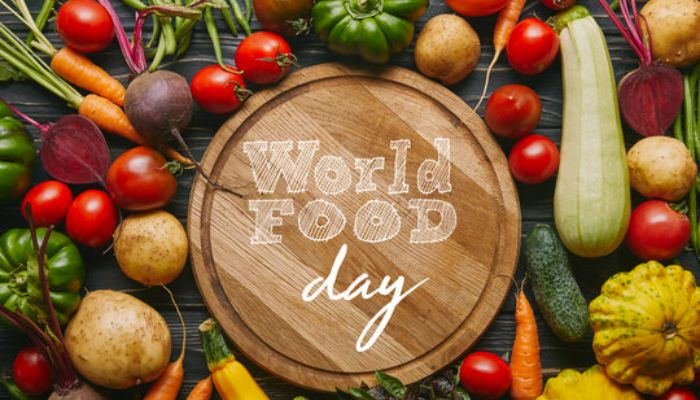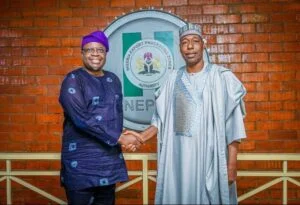An Agriculturist, Prof. Lateef Sanni, has stressed the need for collaboration among government, non-governmental organisations, international partners and local communities to achieve food security and create a sustainable future for Nigeria.
Sanni, also the Executive Director, Nigerian Stored Products Research Institute, Ilorin, said this in an interview with the News Agency of Nigeria (NAN) on Tuesday in Lagos, ahead of the World Food Day celebration.
NAN reports that the World Food Day is observed annually on October 16.
The day serves as a reminder of the need to ensure food security and access to nutritious food for all.
It also provide a platform for individuals, communities, organisations, and governments worldwide to unite in the fight against hunger and malnutrition.
According to him, food security entails that food must be available, affordable and accessible, saying that whatever that is not affordable and accessible is not secured as in the case of food situation in Nigeria.
Sanni identified ‘climate change’ as a major factor affecting agricultural productivity and food security in Nigeria.
He also emphasised the need to not only address the issue of climate change, but, to redesign the nation’s space.
The agriculturalist noted that multifaceted approach was required to minimise the impacts of climate change on food security.
He said that Nigeria could enhance its agricultural productivity, build resilience to climate change, and ensure food security for its population.
“Climate change is no longer a distant threat; it is a present reality with far-reaching implications for our environment, economy, and livelihoods.
“Among the sectors most vulnerable to its impacts is agriculture, the backbone of Nigeria’s economy and the primary source of livelihood for millions of Nigerians.
“The global impacts of climate change are profound, including rising sea levels, increased frequency of extreme weather events, and shifts in agricultural zones. For Nigeria, these impacts are particularly pronounced and multifaceted, posing significant challenges to food security.
“Food security exists when all people, at all times, have physical, social and economic access to sufficient, safe and nutritious food that meets their dietary needs and food preferences for an active and healthy life,” he said.
According to him, Nigeria currently, faces high level of food insecurity, with rural areas being the most affected.
“This situation is exacerbated by the country’s heavy reliance on rain-fed agriculture, which makes food production highly vulnerable to climate variability and extreme weather events,” he said.
Sanni, who said that several factors contribute to food insecurity in Nigeria, including economic stability, rapid population growth and infrastructure deficits, noted that climate change stand out as a critical threat that could undermine all efforts to achieve food security.
The agricultural expert lamented that some designated areas located to be agricultural zones had been converted to residential areas.
He recommended strategies for enhancing food security to include; climate-smart agriculture, policy reforms, infrastructure development and technological innovations.
He said, “To achieve maximum solution in curbing the effects of climate change, community engagement and education is of utmost important.
“Therefore, addressing the challenges posed by climate change to food security in Nigeria requires a multifaceted approach involving collaboration among key stakeholders, policy reforms, technological innovations, infrastructure development and community engagement.
“By working together, we can build a resilient agricultural sector that ensures food security for all Nigerians.”(NAN)





